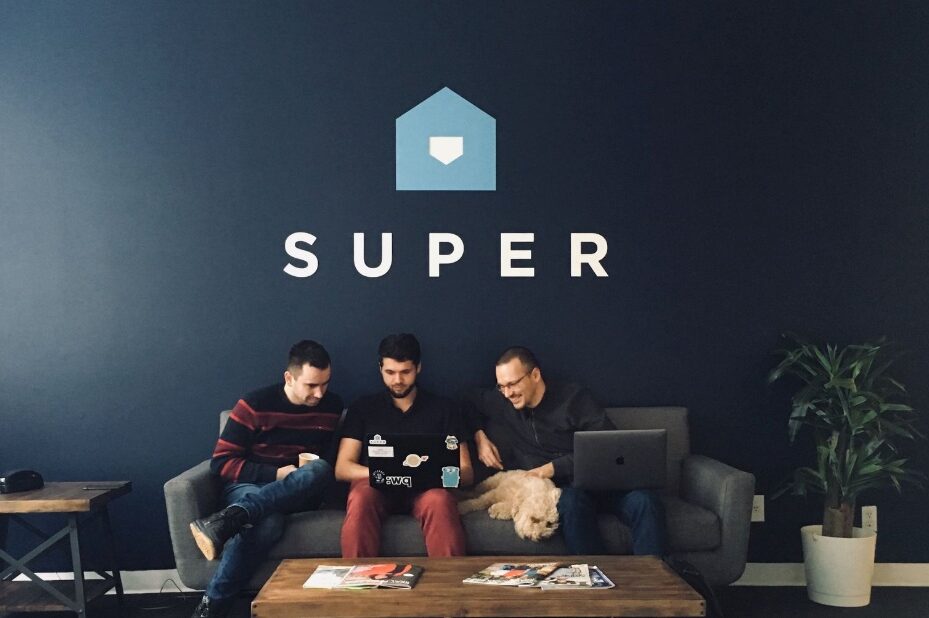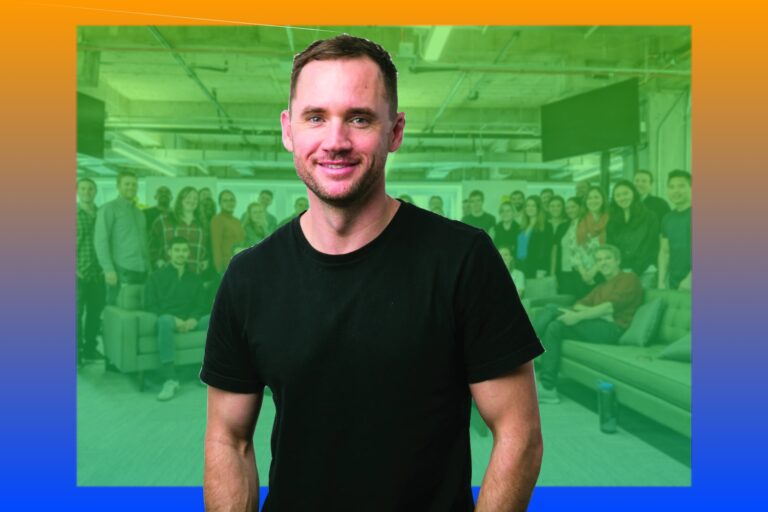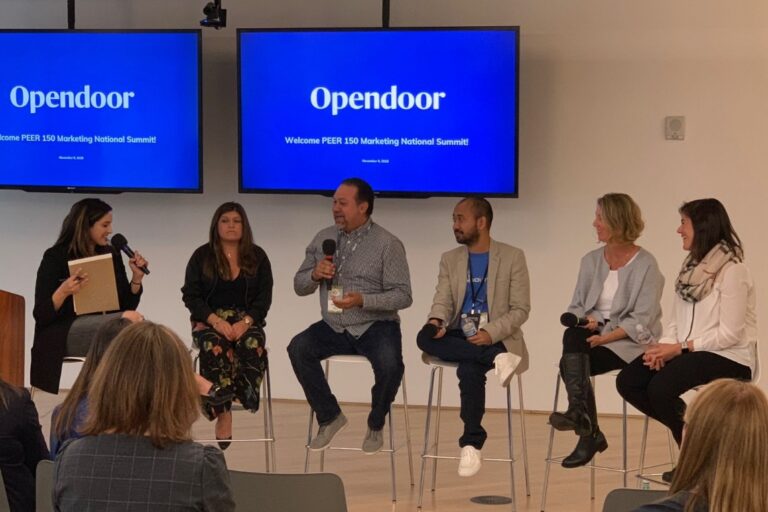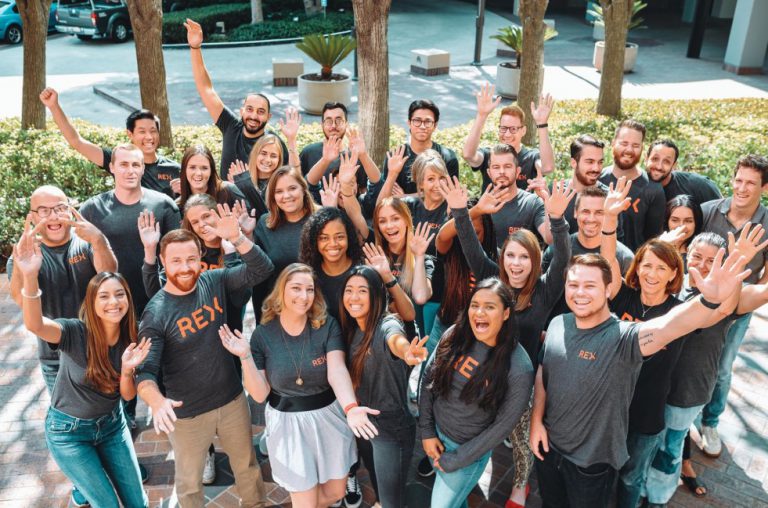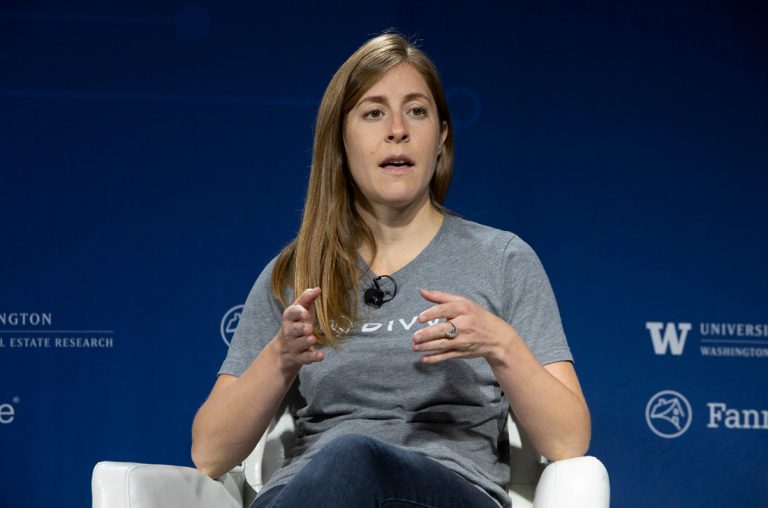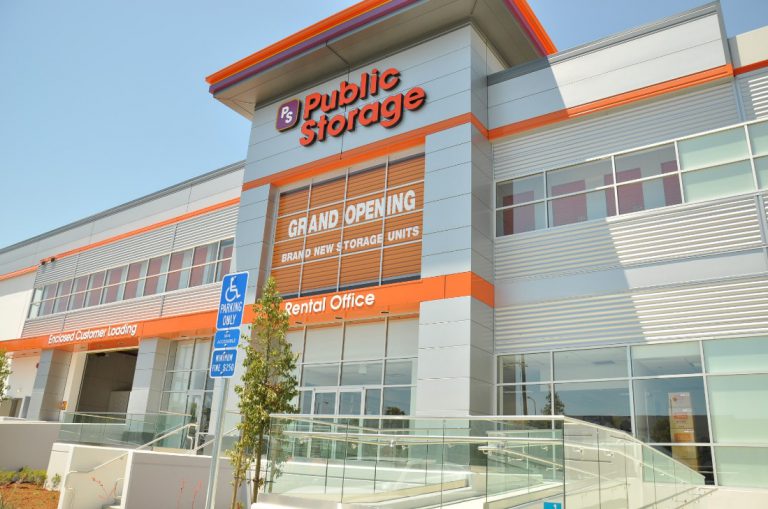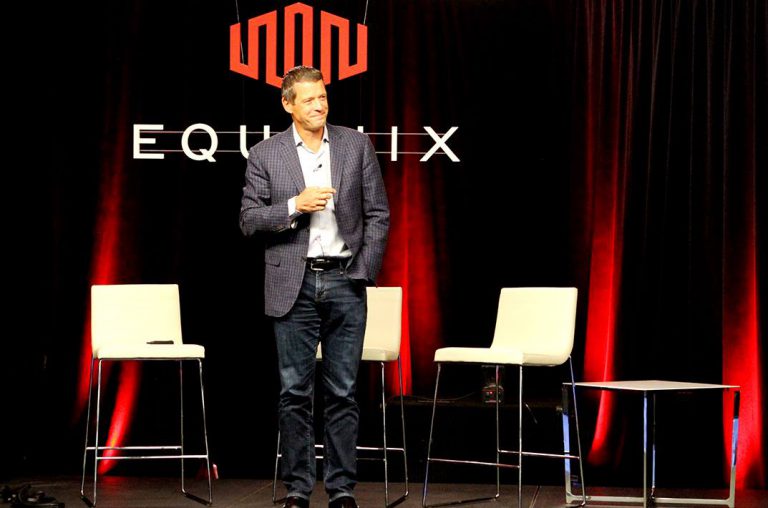Super and Its Big Bets to Win the $300B Pie of Home Repair & Maintenance
The real estate sales market has been in an upswing recent years. We are so used to taking care of car maintenance and budgeting for the somewhat unexpected when it comes to things like our health, but we don’t apply that same approach to our single largest financial asset – our homes. Super – a startup that’s addressing that problem by offering repair and maintenance services, and specifically sorting these out when things break down – is seeing the heels of strong growth.
A Look Back on the Company’s Foundation
Jorey Ramer – Founder and CEO of Super – came up with the idea for this company in 2015. At that time, he had just moved to San Francisco after selling his previous startup, Jumptap — an advertising network acquired by Millennial Media for about $225 million in stock (which is now part of Verizon by way of its acquisition of AOL, just like TechCrunch).
He’d been an apartment renter for all of his adult life. Things changed when he moved to the Bay Area when he found himself buying property. It came with more than a little reluctance because of the headache of taking care of his new home. His impression was that there were no serious attempts in the market to really solve that problem and that none of the existing solutions were aligned with financial interests of property owners.
He said the idea, the “aha moment” behind his new startup, was: “You should enjoy your home. Enjoy your equity. Without the hassle of homeownership.”
“I liked being a renter,” he said in an interview. “You pay a fee, and you know what to expect.” From that, Ramer delved into the problems of homeowning after purchasing his home. And Super solved the problems when this company can be considered as the superintendents that handle maintenance and repair in an apartment building.
The route that Ramer decided to take for approach filling that gap, interestingly, was not unlike the challenges that Jumptap faced in the world of ad tech: Instead of trying to build a services business from the ground up, he opted to build an integrated network that tapped into a number of small services enterprises already working in the business of maintaining homes. (The correlation here is that, rather than building a first-party behemoth, the approach is to knit together a number of online properties so that people looking to advertise can do so across a wide range of places in a network.)
Super on the Way Filling Market Gap
According to a Bankrate survey in 2019, nearly half of homeowners have regrets over their home purchase, and the number one reason cited is unexpected maintenance or hidden costs. Super is tackling this head on by remedying the ineffectiveness of current home warranties with a technology-driven and customer-centric approach, which makes it as easy to rent as it is to own.

Homeowners can use Super’s custom app to get appliances fixed and order concierge services or to manage the coordination of many home service needs, without ever having to deal with the stress, hassle and costs involved. Additionally, Super helps prevent problems with an in-depth maintenance schedule and provides the option to have Super handle routine home maintenance.
“After purchasing my first home, it struck me that homeownership itself is a lot more stressful due to the lack of insight and visibility into unforeseen home-related expenses,” said Ramer. “Our vision is to help homeowners own like a renter, by insuring more of the risks associated with owning a home.”
Super has created a kind of marketplace: The services businesses and individuals that Super engages with to carry out maintenance and repairs are all licensed and use its platform for free. Essentially, Super handles remuneration based on callouts. For users, the callouts come as part of their monthly plans, and they include different options based on which level of service they purchase.As Super has homes valued less than $200,000 as well as over $4 million, its target users are homeowners who don’t want to have to deal with the stress, hassle and unexpected costs of home care and repair.
What makes Super different itself from other care and repair service providers is how it use the technology. There are two sides of the competitive landscape. On one side, the company have the home warranty industry that has been covering the costs of breakdowns for the past 40 years. It’s a great financial value proposition, but it has been poorly delivered. It’s the most complained about home service category for over a decade. On the other side, it has two decades of online and mobile companies trying to make homeownership easier, what renter like experiencing.
How Does Funding Have Great Impact on Company’s Growth?
During the first four years, Super has, according to the claims from the company, grown up into the most technologically advanced home warranty provider in the U.S. market, but its ambition and opportunity are much bigger. This startup is in the race to win a big share of total home appliance and system repair and maintenance market in a country of 200 million property owners – a pie estimated at $300 billion a year.
In fact, when this company closed Series A, it had tested a variety of different customer acquisition tactics, but it was not yet clear where it should place its bets because the tests it had run were of limited scale. Ultimately, it bet the business on what might seem obvious in hindsight but was not obvious at the time: the real estate channel. This channel drives 75 percent of sales for incumbent breakdown coverage companies, but it was unclear if Super could successfully break through relationships with real estate brokerages that had been developed by incumbents over decades.
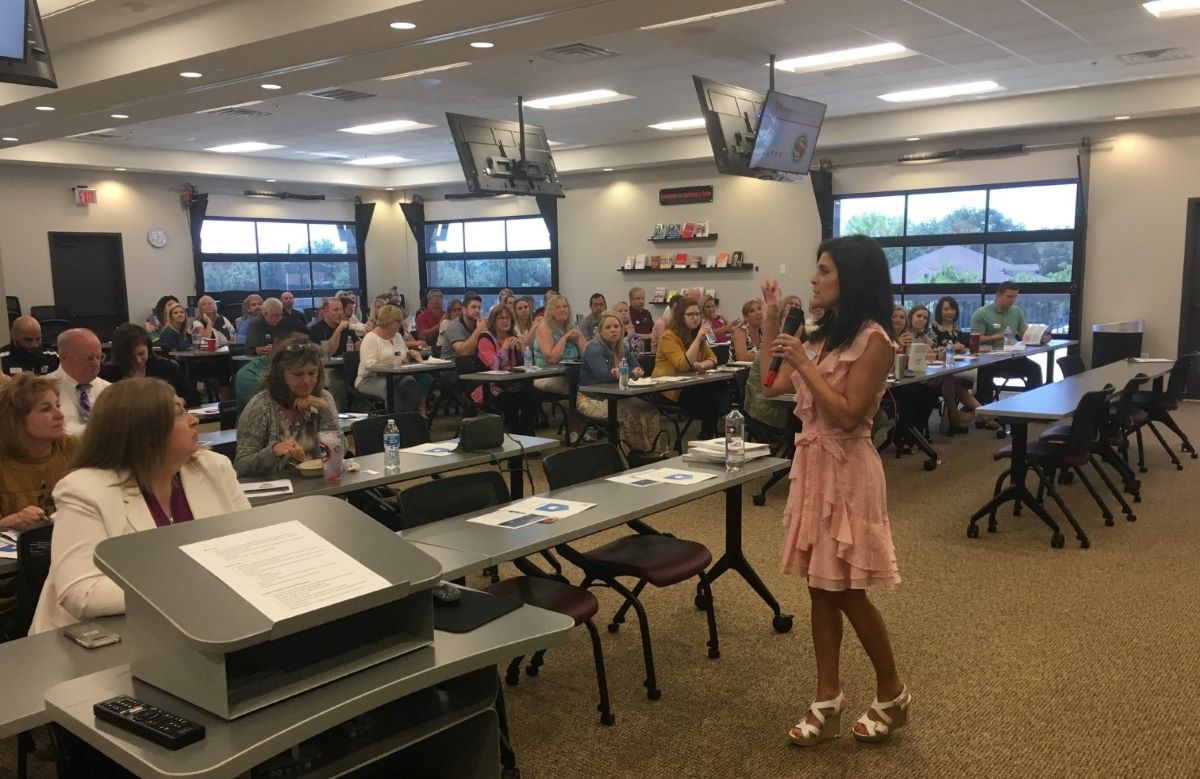
Ultimately, Super’s executive found that there was so much frustration with the outdated incumbents that it was able to win deals with large brokerages, including regional players that rank as high as top twenty nationwide.
Today, this San Francisco-based company is currently active in some of the fastest-growing housing markets in the U.S. — Austin, Chicago, Dallas, Houston, Phoenix, San Antonio and Washington, D.C. (ironically not in SF itself) — and it has grown revenue 7x since April 2019, when it previously raised money, a $20 million Series B. In May this year, Super has also closed a growth round of $50 million.
This latest Series C has a number of strategic backers that speaks to the bigger ecosystem of financial and insurance services that interlink with each other, and which are used by the average person in the course of home ownership. Indeed, Super these days seems to refer to itself as an “insurtech.”
Those fundings play essential role in Super’s plan to expand. The startup plans to use the funding to expand into new markets, to hire more people and to continue adding more maintenance/repair services and partnerships into its wider home-warranty-by-subscription proposition.
Another part of the investment will be used to enhance the AI tech that underpins Super’s service and pricing plans, according to Ramer. Not only are there algorithms that Super has built to determine how to price its services based on location, size of home and other factors, there are features in the app that subscribers can use to interact with Super to report issues, call out maintenance people and provide more detail about problems to improve faster, and in some cases, automated, adjudication on issues.
“We grow very quickly. Over the past two years, we’ve grown at 500 %, which we plan to continue doing. Priority number one is supporting that growth through expanding the team, investing in technology and customer experience, greater efficiency, and better economics. Better technology will lead to a better experience for both our users and our services, which will further boost the growth.” Ramer talks about Super’s future plans.
The way that the service has been built to scale — working with contractors means adding more kinds of coverage is easier than building from the ground up — also means that Super over time may well add more services into the mix.
“The things we would do are things your super would do,” Ramer said. “So that might include fixing plumbing, but might also potentially include cleaning carpets, which you could think of as maintenance. Painting is another interesting area. It seems like it might be a cosmetic thing, but if you do not paint, you risk dry rot. It’s also preventative care. So, if we, say, cover 100% maintenance you could imagine that included, too.”
“Super has developed an effective, convenient platform to provide premium care and repair services for homeowners,” said Max Chee of ATG. “Super is tackling an industry that is ripe for innovation with a smart, technology-forward approach, and we are excited to work with Jorey and the rest of the team at Super to help continue that exciting trajectory.”
The Motivation for Growth
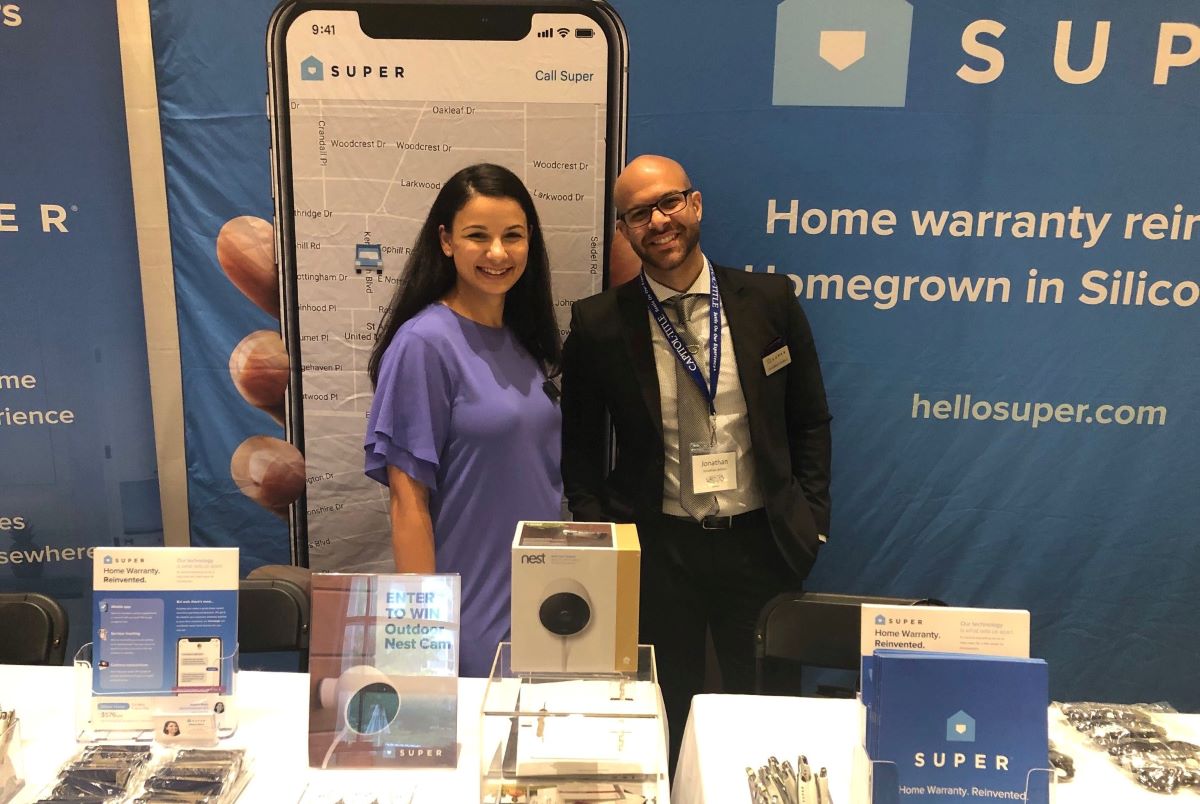
From its foundation in 2015 to the continuous development today, using technology to take the hassle out of homeownership, Super is showing an impressive performance. Here are two main motivation for its growth.
Focusing on What Customers Need
There’s obviously no doubt that consumers today expect high-quality service at the touch of a button from their mobile phone. But if there’s one theme you’ll notice throughout the current investors: it’s a focus on Insurtech, where there is currently a large amount of activity by venture capitalists. Super certainly ensure risk, but this company exist not simply to insure risk.
Homeownership is painful not only because of the inconveniences but also because of the financial stresses. Super’s solution addresses both, but the most stressful events are the unexpected, expensive breakdowns that were never budgeted.
Aggressive growth remains in Super’s focus. The list of its investors to date testifies to the potential of this company: Munich RE (the biggest reinsurance firm in the world), Liberty Mutual (the third biggest insurance firm in America), Qatar Investment Authority (the state of Qatar’s investment fund), Aquiline Technology Growth (one of the leading insurtech investors), Moderne Ventures (a leading real estate investor), as well as top-tier Silicon Valley funds: Founder Collective, General Catalyst, Lux Capital, and 8VC.
Remaining Balance in Changing
There’s no such thing as a typical day in Super. In the early stages of startup life, everything is changing so rapidly that the only constant is the change itself.
“Some days are packed with meetings, planning for the long-term success of the business, and some days are incredibly tactical — hammering out web copy, solo, in my basement.” said Heather Stephenson, VP of brand strategy at Super.

However, Super still remains the balance for its team At Super, it is deeply committed to fostering a culture that respects each employee as an individual – with lives, friends, families, aspirations beyond the workplace.
Especially, gender balance is also the top concern at Super. Hardly an executive team meeting goes by that they don’t discuss their hiring, their staff, their advisers, their and board of directors, and explore ways to improve our diversity.
“We aren’t there yet. We don’t have the diversity that we want to see, long-term. But it’s part of our conversation, and we are baking an awareness of that into the fabric of the company. And in an imperfect world, where we don’t yet have gender parity in the work force, that awareness and intention is an incredibly important first step.” said Stephenson.
The Bottom Lines
What immediately drew public attention with Super is that it wasn’t yet another solution in search of a problem. Too many San Francisco companies sell investors only implementations of fashionable fancy buzzwords, like AI, ML, VR, AR, drones, or crypto, without clearly defined challenges to solve. ‘Repair and maintenance of home appliances and systems’ is not a trendy buzzword, but it is a real problem, causing millions of Americans a headache every year as they have to spend hundreds of billions every year trying to solve it. It was clear that Super wanted to tackle this gigantic problem and play for the win.

